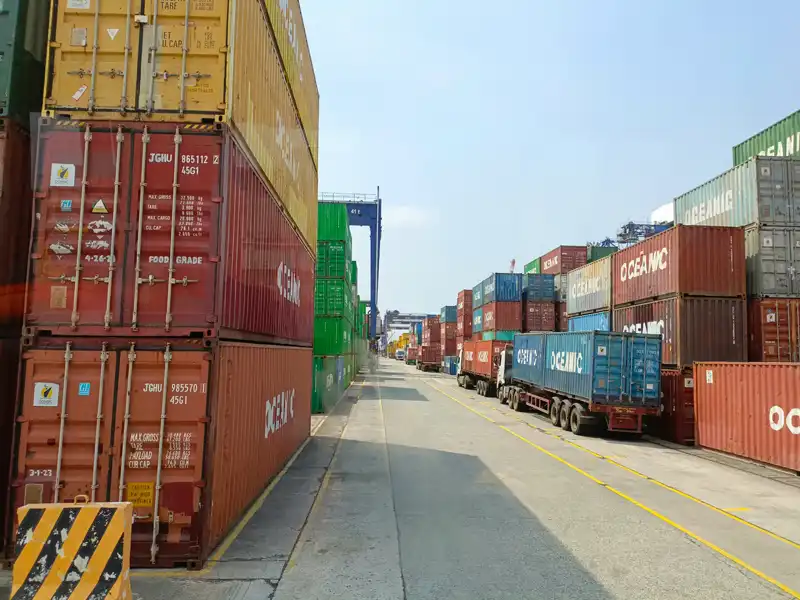What's It Got To Do With The Price of Coffee in China? Everything.
 When it comes to coffee, you don't normally associate such a drink with Asia. Instead, tea is seen as the dominant drink of choice. Yet the coffee market is seeing significant gains within the Chinese millennial generation. College students and young adults are drinking coffee not just to quench their thirsts, they are also seeking a pleasing social and sensory experience in coffee shops as they sip on roasted beans. It is a coffee culture that is slowly gaining traction, and the price of coffee is raising a few eyebrows.
When it comes to coffee, you don't normally associate such a drink with Asia. Instead, tea is seen as the dominant drink of choice. Yet the coffee market is seeing significant gains within the Chinese millennial generation. College students and young adults are drinking coffee not just to quench their thirsts, they are also seeking a pleasing social and sensory experience in coffee shops as they sip on roasted beans. It is a coffee culture that is slowly gaining traction, and the price of coffee is raising a few eyebrows.
The High Price for Luxury Imported Beverages
 According to the Foreign Agricultural Service of the United States Department of Agriculture, coffee consumption in China has tripled from 2012 to 2016. While people in China still drink less than other countries at only 3 cups a day, its population of 1.4 billion is spurring the coffee market into revamping their supply chains and placing China on their radar as a great economic opportunity. It is expected that consumption will increase by 20% annually, as estimated by the China Market Research Group, as specialty coffee shops are opening their doors and offering roasted beans that please the Chinese palate.
According to the Foreign Agricultural Service of the United States Department of Agriculture, coffee consumption in China has tripled from 2012 to 2016. While people in China still drink less than other countries at only 3 cups a day, its population of 1.4 billion is spurring the coffee market into revamping their supply chains and placing China on their radar as a great economic opportunity. It is expected that consumption will increase by 20% annually, as estimated by the China Market Research Group, as specialty coffee shops are opening their doors and offering roasted beans that please the Chinese palate.
Yet the price of coffee can be staggering in China. Although the beverage is commonplace in other countries as just about every person drinks it, coffee in China is still considered a luxury beverage that only the affluent can afford. Some shops offer a cup of coffee for as much as $10.
Why Does Coffee Cost So Much?
 Coffee is still considered a new beverage product for affluent consumers in China. Coffee shops are struggling to sell enough cups per day. However, the high price signifies better quality to the Chinese culture. Coffee shops use this tactic to brand themselves as premium coffee roasting chains.
Coffee is still considered a new beverage product for affluent consumers in China. Coffee shops are struggling to sell enough cups per day. However, the high price signifies better quality to the Chinese culture. Coffee shops use this tactic to brand themselves as premium coffee roasting chains.
In addition, most coffee beans are imported into the country instead of being domestically grown. Although the Yunnan province in Southern China is slowly becoming a coffee producer, water scarcity and droughts are affecting growers. Only 30% of the coffee produced in Yunnan goes to coffee shops in the region while the rest is exported globally, as they are trying to develop sustainability plans and environmental concepts to increase the quality of beans that they produce.
Increasing the Popularity of Coffee in China
Besides sustainability issues, changing the beverage of choice in Asian culture from tea to coffee is another obstacle that growers and roasters must overcome. They also must begin educating people about what good quality coffee tastes like and begin training baristas in the art of pouring a delicious cup of brewed coffee. Once these obstacles are overcome, the coffee market will start to boom in this country. At Viking Masek, we will be keeping an eye on this emerging market.




